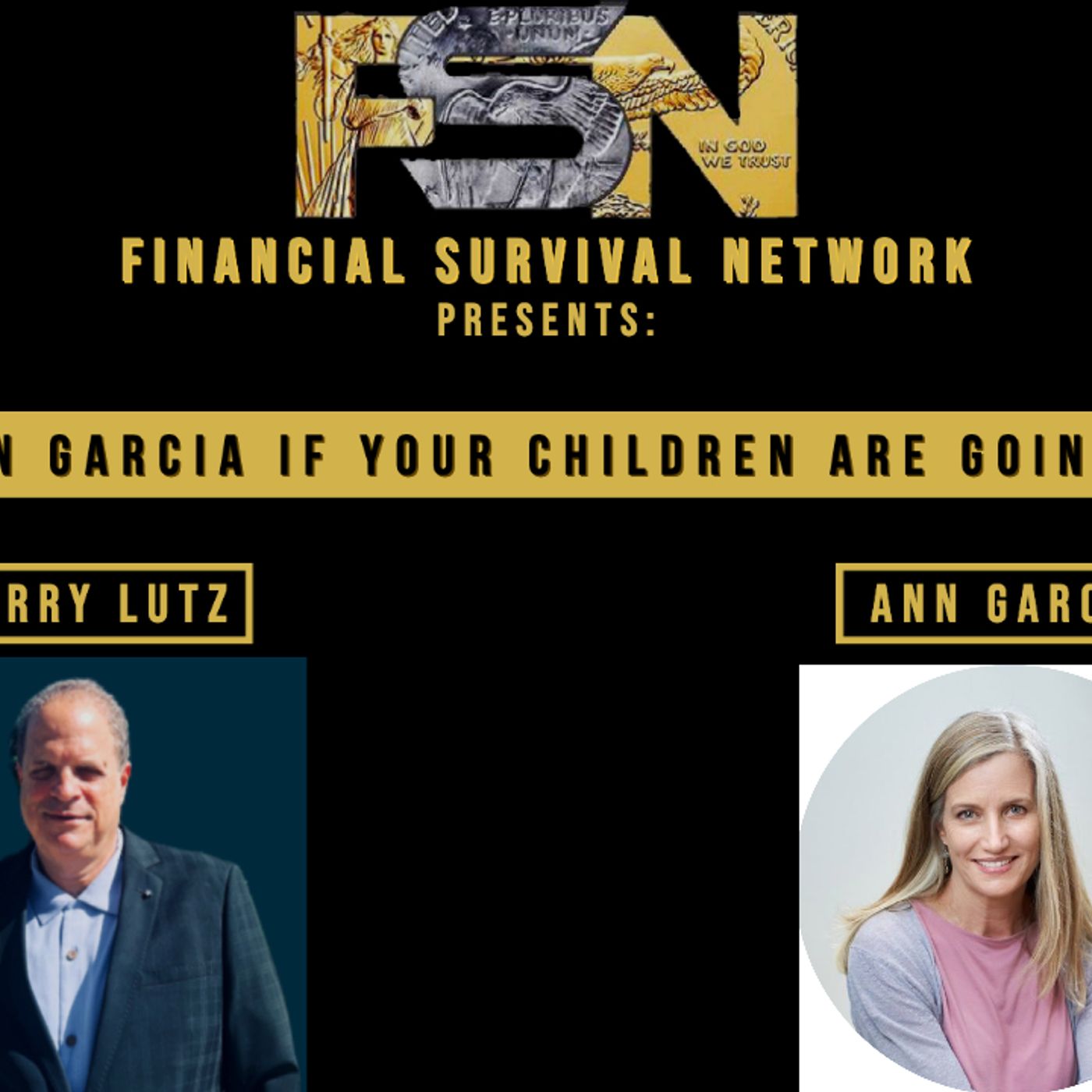
You Need Ann Garcia if Your Children are Going to College - Ann Garcia #5556

Financial Survival Network
Shownotes Transcript
Summary: Student debt is higher than ever. Many young adults applying for universities, scholarships, and student loans don’t always know what they’re getting into in terms of financial commitment. Here to talk about this is Ann Garcia, who recently wrote a book called How to Pay for College. Ann stresses that a great education can come from universities that aren’t as costly or exclusive, and we discuss multiple tips for saving money when preparing to apply for college. Tune in for more amazing insight from Ann, and be sure to check out the links below if you want to purchase her book or browse her online resources. Highlights: -There is over a trillion dollars in student loan debt -It’s important for students to understand the reverse mortgage they are taking out when they enroll in an institution -If you’re signing up for six figures worth of college debt, it’s important to look at the return on this investment -The collateral is the student’s future -People often equate cost and exclusivity with quality, assuming that only the most high caliber universities produce the most successful people -When Rhodes scholars are announced, more than half of them usually come from public universities with higher acceptance rates -The factor that will really impact a young adult’s life is the amount of debt that they face after they complete their degree -Transferring institutions and spending more years enrolled can add on to your debt immensely -It’s good to talk with your children about how to set up savings and grow them over time -You can often save money by taking Advanced Placement or IB courses during your high school career, or enrolling in prerequisite courses at a local community college -It is important to keep in mind, however, that not all universities accept these courses. Taking these classes needs to be part of your research on what university to attend -It’s also crucial to focus on having a high GPA; if you’re going to take AP or IB courses, make sure that you will still be able to perform well in these classes -Dual enrollment is also a great option that many schools offer; you can experience the four year college experience without the high price tag -What you see on your FAFSA is not necessarily what college will cost you in total -Students whose families that have saved some money for their education are more likely to graduate -Read the fine print on your financial aid letter Useful Links: Financial Survival Network How to Pay for College Ann Garcia's Book